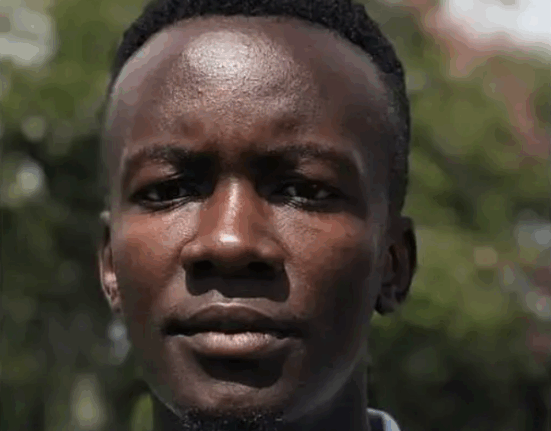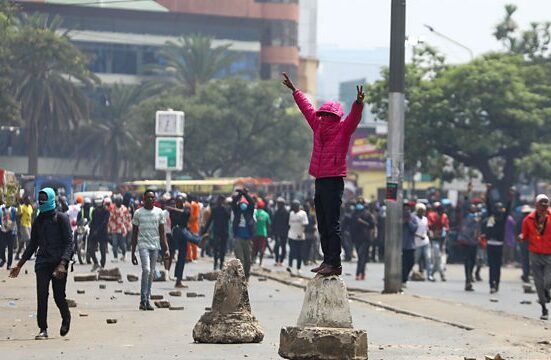NTV journalist James Smart has openly criticized the political class in Kenya for failing to understand the public’s feelings about a controversial BBC documentary.
Taking to his official X account on Wednesday, April 30, Smart expressed frustration at how leaders have handled the growing anger among Kenyans online. His comments come at a time when the BBC itself has come out to accuse the Kenyan Government of canceling the screening of the documentary just a day after it had been aired.
This move by the government has sparked debate across the country and brought even more attention to the issue. According to Smart, both government officials and politicians in general are out of touch with the mood of the people.
He described them as a “parasite class” who are completely disconnected from what ordinary Kenyans are feeling. The BBC documentary, which seems to have touched on sensitive topics, has been labeled by some politicians as a foreign attack on President William Ruto’s government.
However, Smart believes that the outrage shown by netizens online is real and should not be ignored or downplayed.Instead of trying to understand why Kenyans are angry, many in the political class have gone on the defensive.
Rather than address the content of the documentary or the concerns being raised, they have chosen to attack the BBC and those who support the airing of the documentary. Smart’s criticism shines a light on how leaders often ignore what the public is saying, especially when it comes through platforms like social media.
In response to Smart’s remarks, David Ndii, who is Ruto’s economic advisor, came out in defense of the government. Ndii dismissed those who were complaining online, calling them the “chattering class.”
According to him, these social media activists live in a bubble and mistake their online discussions for the reality of the country. He made it clear that he does not believe online outrage represents the true feelings of the entire Kenyan population.
“Chattering classes think their social media echo chamber is the country,” he stated.This ongoing back-and-forth reveals a clear gap between the people and those in power. While the political elite may think they have control over the narrative, the reaction from the public suggests otherwise.
The attempt to silence or dismiss the voices of concerned Kenyans only deepens the mistrust between citizens and their leaders.
Even as more people turn to social media to express their frustration, it becomes harder for politicians to ignore their voices, no matter how much they try to label them as irrelevant.








Leave feedback about this